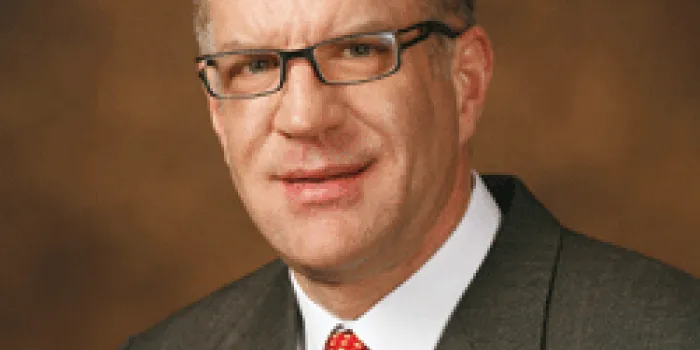With our shared history, the World Federation of Hemophilia USA (WFH USA) and the Foundation for America’s Blood Centers (FABC) joined forces in November 2013 to mark the continued importance of blood and plasma donation to the bleeding disorders community, and raise vital funds to support improved access to safe treatment around the world. “There’s Something in the Air” gala was held in Phoenix and was attended by 170 guests. It raised more than $90,000 to support the work of the FABC and WFH USA.
Common goals
The parity between the two organizations is striking, both in how each serves the blood and bleeding disorders communities, and in their common goal for the future to ensure Treatment for All. The gala was an important opportunity for the US bleeding disorders and blood center communities to reconnect, recognize our common history to ensure blood safety and re-engage to close the gap in care globally. Together we are each working to promote access to safe and available blood and plasma therapies for all those in need, regardless of where they live.
Blood centers continue to be an important cornerstone in the treatment of hemophilia, von Willebrand disease (VWD) and related rarer bleeding disorders. They play a vital role in providing blood and plasma that are essential for treatment not only within the United States, but also around the world. The generosity of American blood donors is deeply appreciated. More than 60% of the plasma used globally in the manufacture of clotting factor concentrates comes from US blood and plasma donors.
Importance of plasma products
Plasma-based therapies are as vital today as they were when first introduced in the 1960s. In more than 40% of countries around the world, fresh frozen plasma and cryoprecipitate are the only treatments available. For the vast majority of US patients with hemophilia, plasma-based therapies are a distant memory, but most of those with other bleeding disorders, such as VWD and rarer factor deficiencies, remain primarily dependent upon them. As a community, we must continue to support and recognize the vital role of blood and plasma collection to US patients as well.
With the support of donors, WFH USA also provides access to care for people in countries without treatment. It works to provide humanitarian aid to close the gap in hemophilia care through donations of factor concentrates for the World Federation of Hemophilia Humanitarian Aid Program. The donated factor products are then channeled to developing countries to help build sustainable national care programs and address urgent needs. In 2013, more than 24.5 million international units (IUs) of factor were donated to 64 countries.
FABC and WFH USA are grateful for the support of the many sponsors of the gala and regular donors to our programs. The fall gala served as an important reminder of where we’ve been and the continued importance of moving forward together to achieve Treatment for All.

